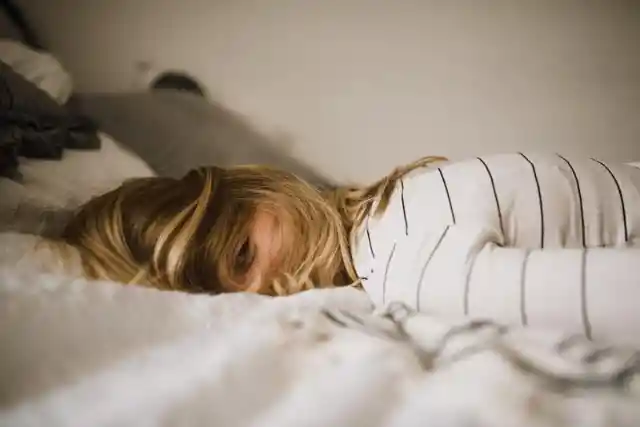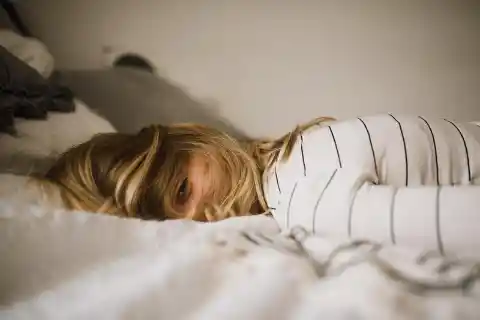Another sleepless night? Counting sheep don’t help you fall asleep? Try these 4 tips to sleep better.


Silence Negative Thoughts
It’s no surprise if you take problems like money worries, relationships, or work stress to bed. But try to banish all stressful thoughts from your mind and your bedroom. We don't mean that you should put your worries aside, but consciously engage with them at a certain time of day. And the emphasis is on “day”. If you suppress your problems, they will not disappear into thin air. They’ll catch up with you when you don’t have a chance to actively distract yourself.
Don't Stay In Bed
If you can’t fall asleep, get out of bed. Why? There is a risk that the brain associates the period of rest with insomnia in the long term. If you don’t fall asleep after 15-20 minutes, get back up and do something relaxing, if not boring. The task makes you sluggish, you get tired and you can sleep. Light household chores like sorting laundry are suitable for relaxation. You can also put a comfy chair by the bed, grab a not-so-exciting book, and read a few pages. Just don’t make it too exciting, because then you won’t be able to fall asleep again!
No Alcohol Before Bedtime
Too many after-work drinks can negatively influence your sleep. Alcohol reduces brain activity and turns off the carousel of thoughts. So you fall asleep faster. However, the effect often does not last, because the first quiet half of the night is often followed by a restless second half. That’s because your body has two things to do: break down the alcohol and regenerate. In addition, alcohol increases the urge to urinate and dries out the body. You need to go to the bathroom often at night or are extremely thirsty, which naturally disrupts your sleep.


Pay Attention To Your Biorhythm
If you want to sleep well, balance your biorhythm. More and more people are sitting in poorly lit offices during the day, taking too few breaks and not getting enough light. It doesn’t get any better in the evening: You’re lying on the couch while the TV flickers. The unnatural cycle of light you are exposed to keeps you awake at night. The lack of exercise does the rest for poor sleep. So what to do? Get some fresh air on your lunch break. Even small exercises can improve your biorhythm. Dimmed lighting in the evening prepares your body for sleep. This will help you fall asleep faster.